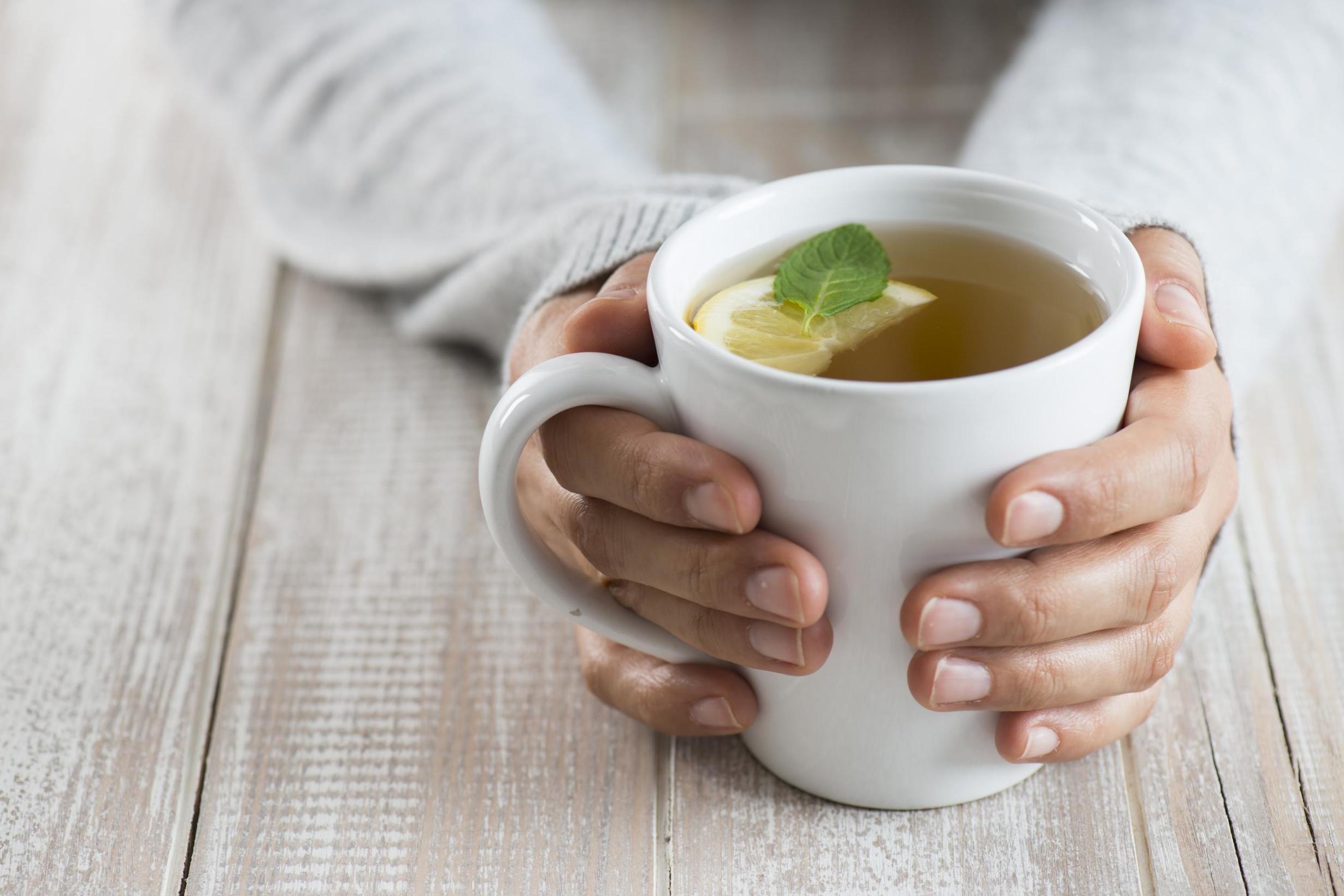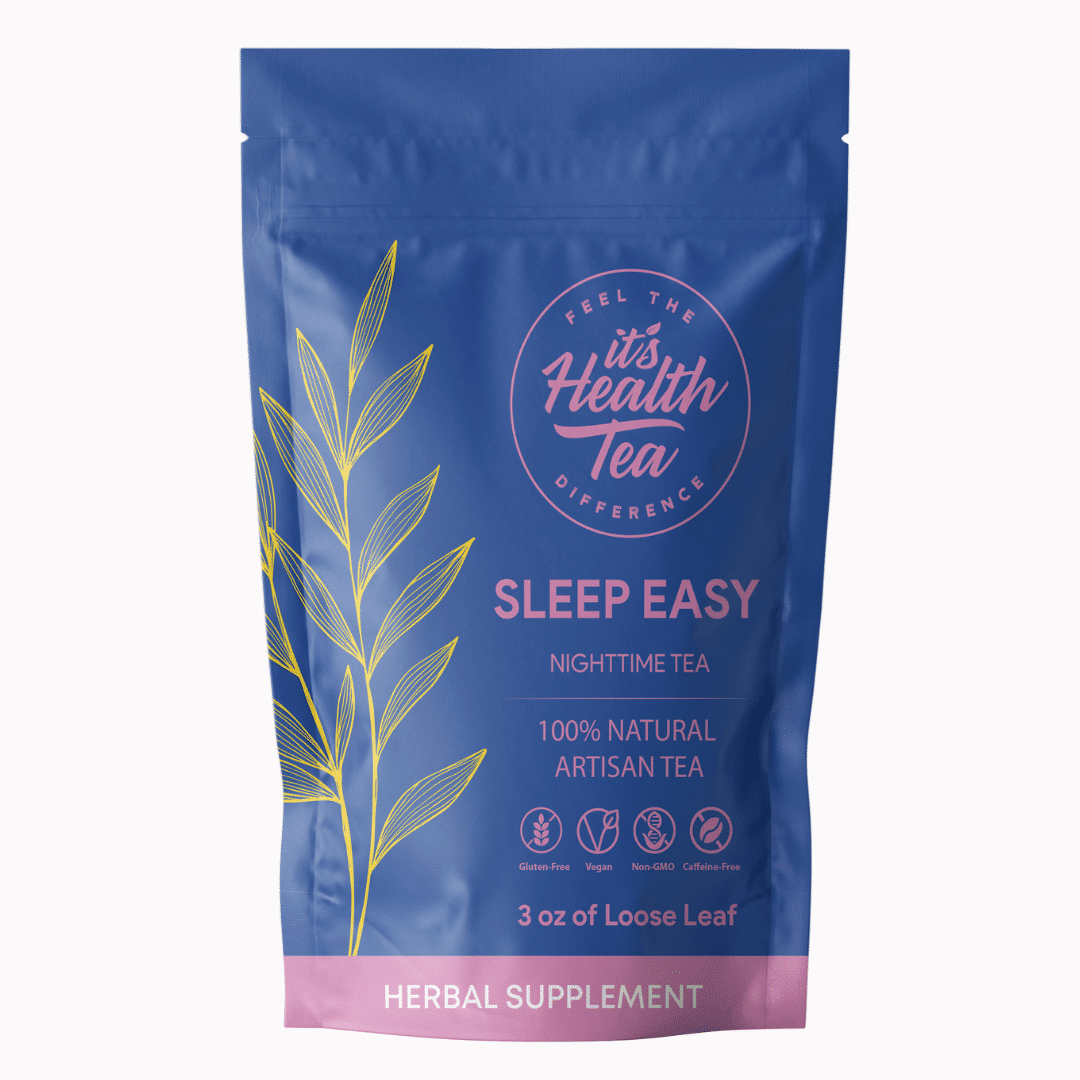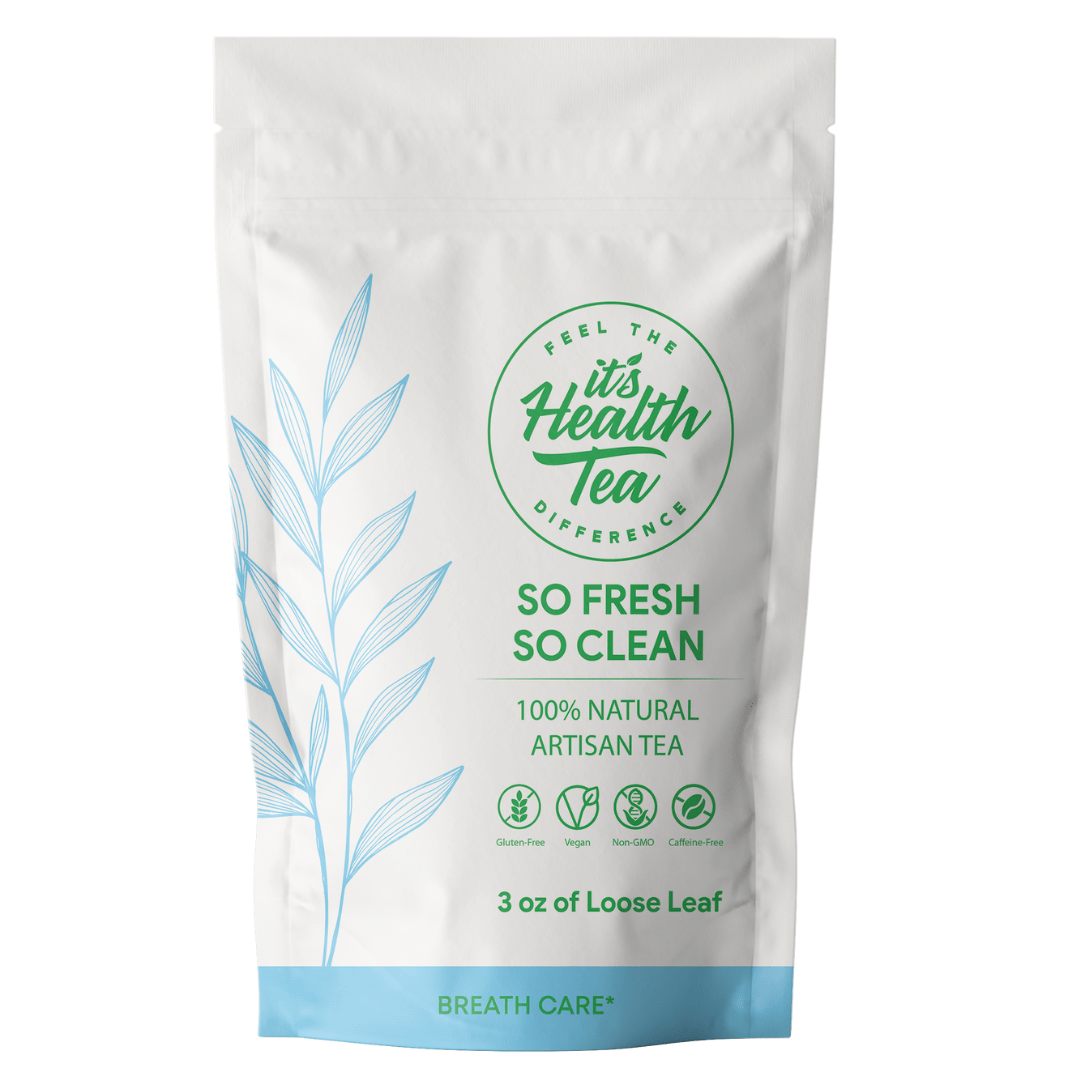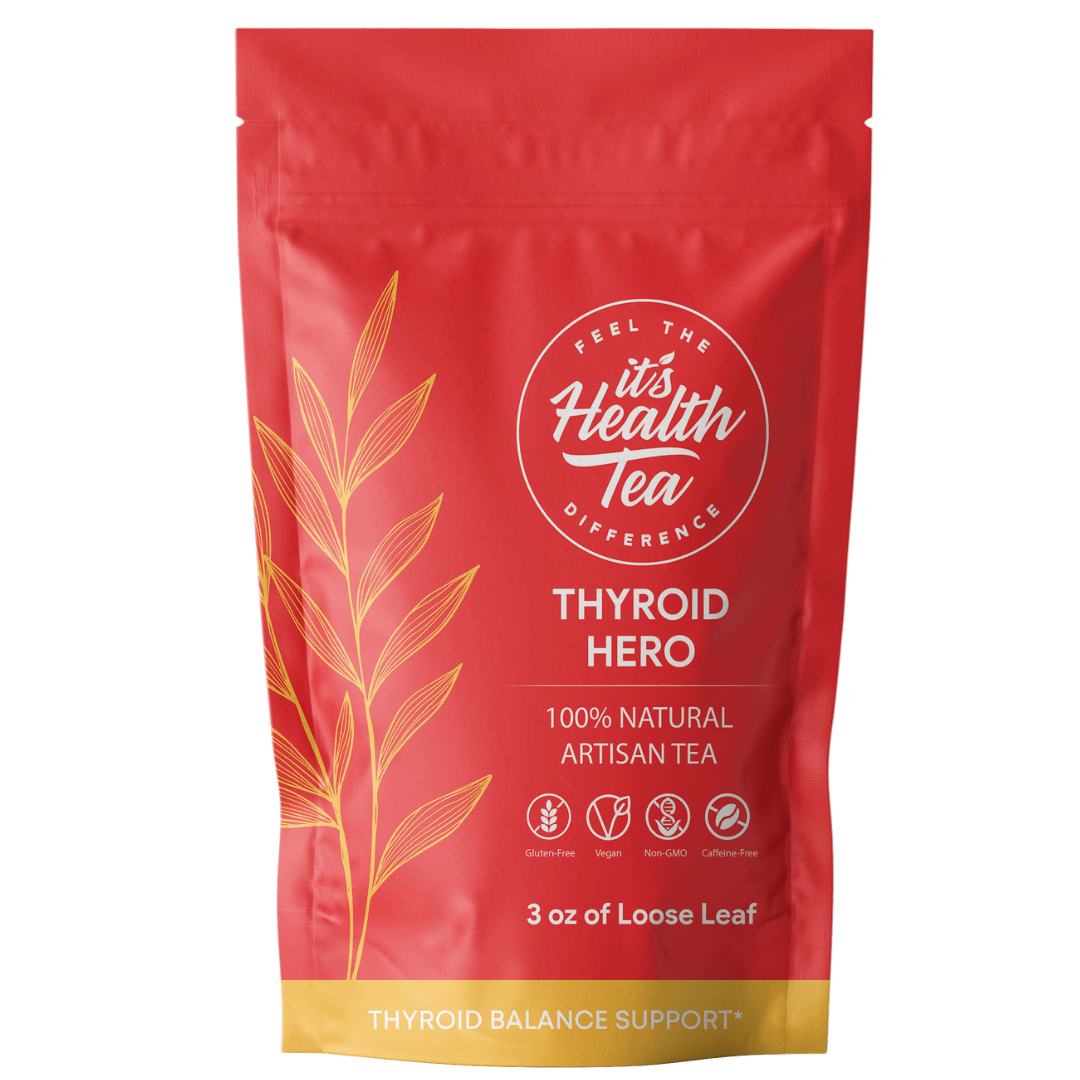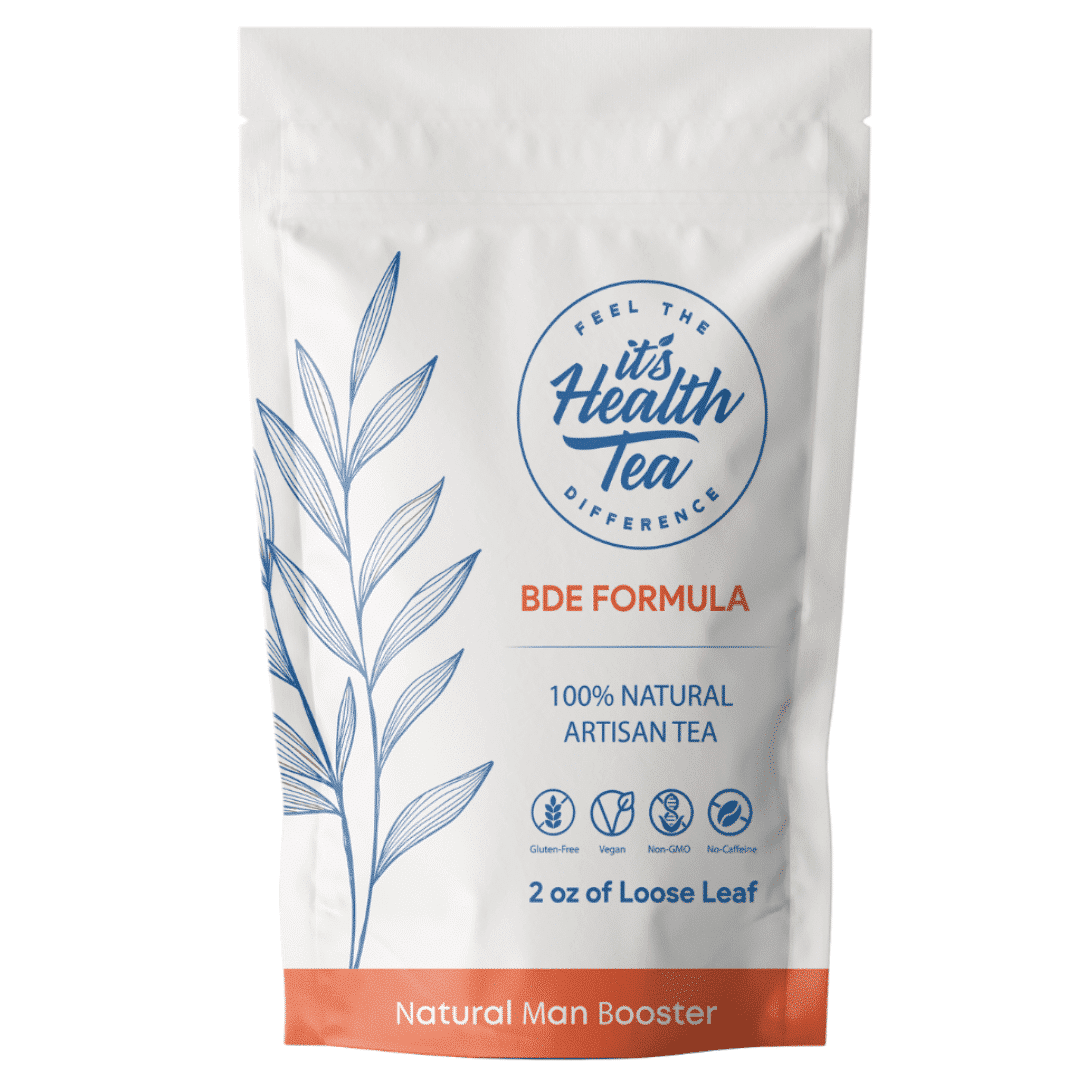A common question for tea drinkers and lovers is, “are all teas acidic?” Let’s get into that to get you a quick answer and get you on your way to a great cup of tea.
Does tea cause stomach acidity? Yes, tea can be acidic if it is not properly brewed or stored. According to WebMD, common risk factors of acid reflux disease is consuming beverages like carbonated drinks, coffee, and tea.
Most teas are mildly acidic, but some tests show that certain teas may be as low as 3. If you’re a tea lover, you may wonder if this means your cup of tea is hurting your teeth. Fortunately, it’s mostly untrue. Home-brewed teas aren’t as acidic as fruit juices and other drinks.
PH LEVELS OF TEA
Neutral is around 7 and anything under a pH of 4 is considered very acidic.
| Tea | Average pH level |
| black | 4.9-5.5 |
| green | 7-10 |
| chamomile, mint, fennel | 6-7 |
| lemon | 3 |
| rosehip, blackberry | 2-3 |
`*** Other factors that affect pH level include:
- How long you steep your tea
- How diluted your tea is
- Additives like citrus flavoring, milk, and herbs
Adding more water, which has a pH level of 7, may decrease acidity.
WHAT DRINKS ARE ACIDIC?
- Tomato Juice. Starting off with the least acidic beverage on our list. …
- Orange Juice. …
- Apple Juice. …
- Pineapple Juice. …
- Grape Juice. …
- Lemonade. …
- Coca-Cola. …
- Enamel Erosion.
FOODS TO HELP NUTRALIZE STOMACH ACIDITY
If you have a lot of acid reflux and want to nutralize your food acidity, try these list of foods to add to your diet or comsume a bit more
- Bananas. This low-acid fruit can help those with acid reflux by coating an irritated esophageal lining and thereby helping to combat discomfort.
- Melons. Like bananas, melons also are a highly alkaline fruit.
- Oatmeal.
- Yogurt.
- Green Vegetables.
